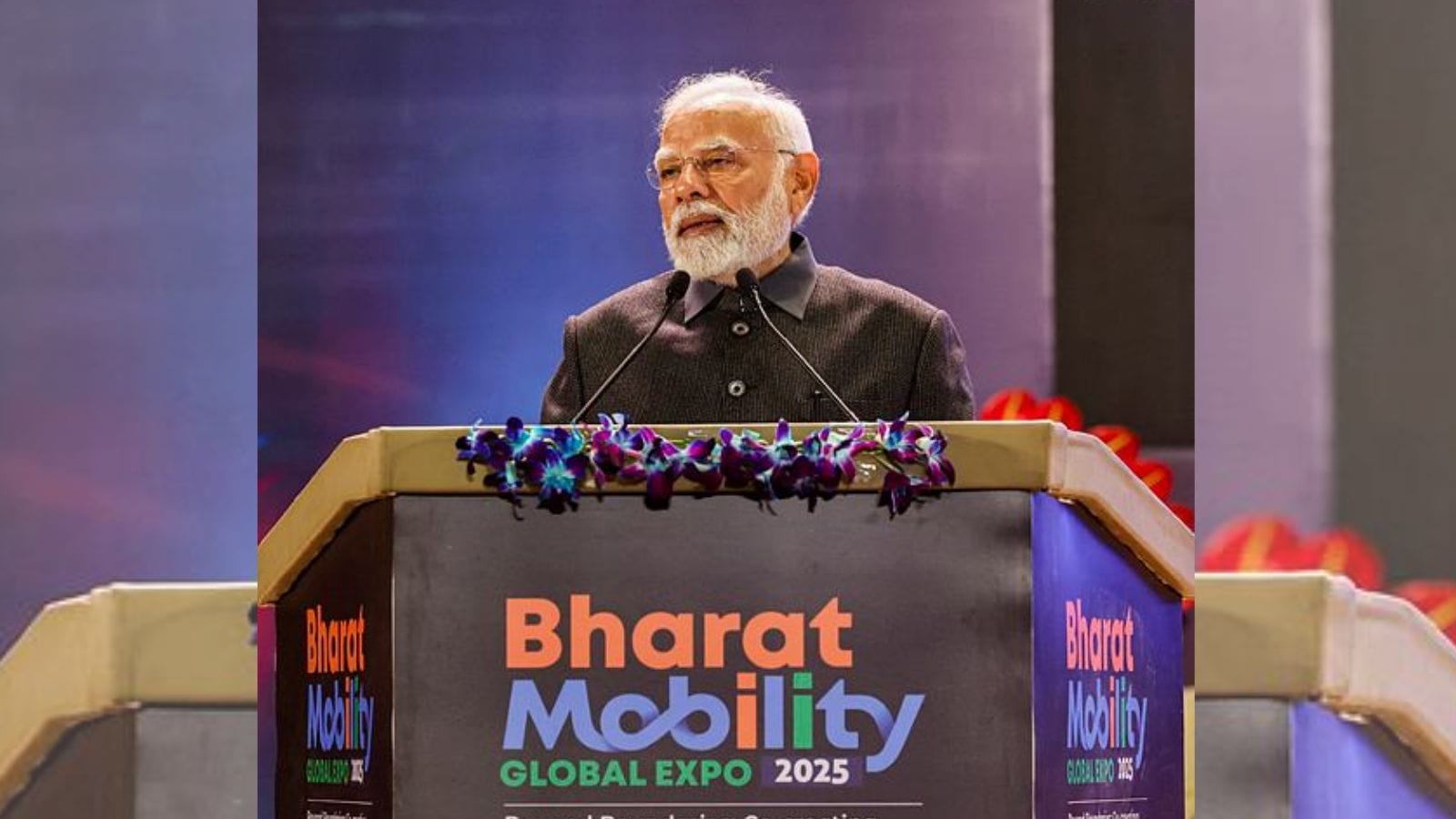 |
|
Prime Minister Narendra Modi's recent address at the inauguration of the Bharat Mobility Global Expo 2025 highlights the remarkable growth and potential of India's automotive sector. His statement, declaring the industry 'fantastic and future-ready,' underscores the significant strides India has made in establishing itself as a major player in the global automotive landscape. The impressive 12 percent growth rate achieved last year, coupled with the rising export numbers, firmly positions India as a dynamic and competitive force in the international market. This success is directly attributable to the successful implementation of the 'Make in India' and 'Make for the World' initiatives, which have spurred domestic manufacturing and fueled global exports, contributing significantly to India's overall economic growth and international standing.
The sheer volume of car sales in India – exceeding 25 million annually – is a testament to the burgeoning domestic demand and the expanding middle class. This figure surpasses the entire population of numerous countries, emphasizing the scale of the Indian automotive market and its immense potential for further expansion. The consistent growth trajectory signals the increasing affordability and accessibility of automobiles within the Indian populace, driving further demand and creating a ripple effect across the entire automotive value chain, from component manufacturing to dealerships and ancillary services. This growth is not merely a reflection of economic progress; it is indicative of societal shifts, changing lifestyles, and aspirations for enhanced mobility within India's diverse population.
Modi's tribute to the late Ratan Tata and Osamu Suzuki, influential figures who left an indelible mark on the Indian automotive landscape, adds a poignant dimension to his address. Ratan Tata's leadership of Tata Motors steered the company towards global recognition and innovation, cementing its position as a significant Indian automotive brand. Similarly, Osamu Suzuki's vision and contribution through Maruti Suzuki played a pivotal role in shaping the Indian automotive market and making personal vehicles accessible to a wider segment of the population. Their contributions serve as a source of inspiration and a testament to the enduring legacy of visionaries who helped forge the path for India's automotive success. The acknowledgement of their contributions underscores the importance of leadership, innovation, and long-term vision in the nation's progress and the continued growth of its automotive sector.
The Bharat Mobility Global Expo 2025, itself, is a symbol of India's ambitions in the global automotive arena. The expo serves as a platform for showcasing the latest innovations, technologies, and advancements in the sector, attracting both domestic and international players. This event provides an invaluable opportunity for networking, collaboration, and the exchange of ideas, accelerating innovation and facilitating further growth within the industry. The event's prominence showcases India's commitment to fostering a robust and competitive automotive ecosystem, which is likely to attract further foreign investment and propel the sector to even greater heights in the coming years. The long-term vision for the Indian automotive sector includes developing sustainable and environmentally friendly technologies, further enhancing manufacturing capabilities, and establishing India as a global hub for automotive innovation.
Looking ahead, the Indian automotive industry is poised for continued expansion, driven by factors such as growing disposable incomes, improving infrastructure, and government initiatives aimed at boosting manufacturing and exports. The focus on electric vehicles and sustainable mobility is another key area of growth, presenting new opportunities for investment and innovation. However, challenges remain, including the need to address infrastructure gaps, develop a skilled workforce, and ensure the adoption of environmentally responsible practices. Navigating these challenges successfully will be crucial in ensuring the sustainable and inclusive growth of the Indian automotive sector and its continued contribution to the nation's economic prosperity. The government's continued support, coupled with the industry's dynamism and resilience, is expected to pave the way for India to become a leading global automotive powerhouse.
